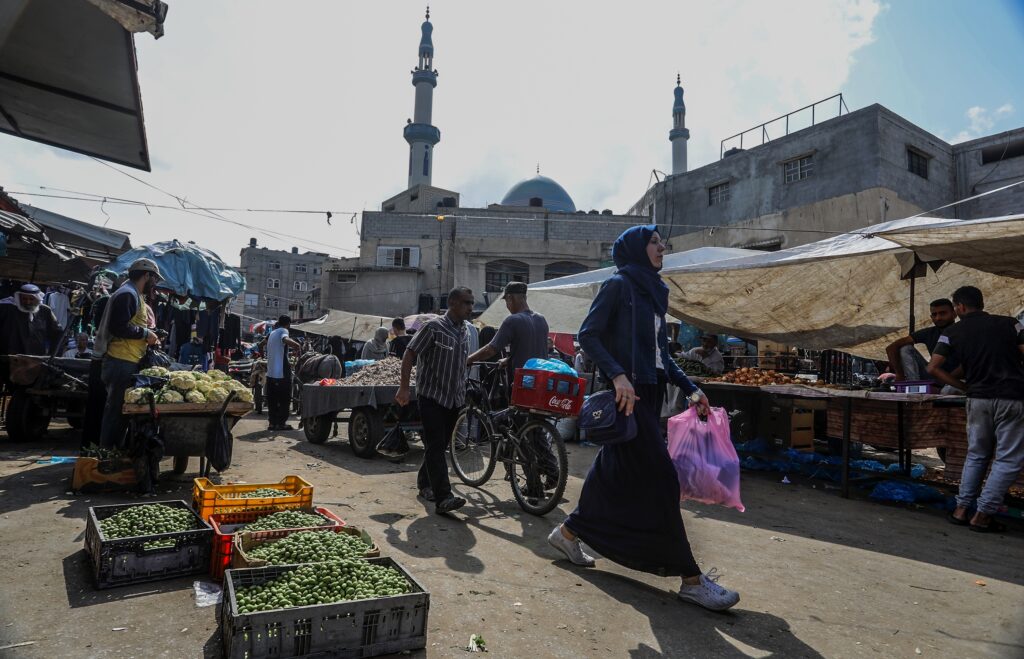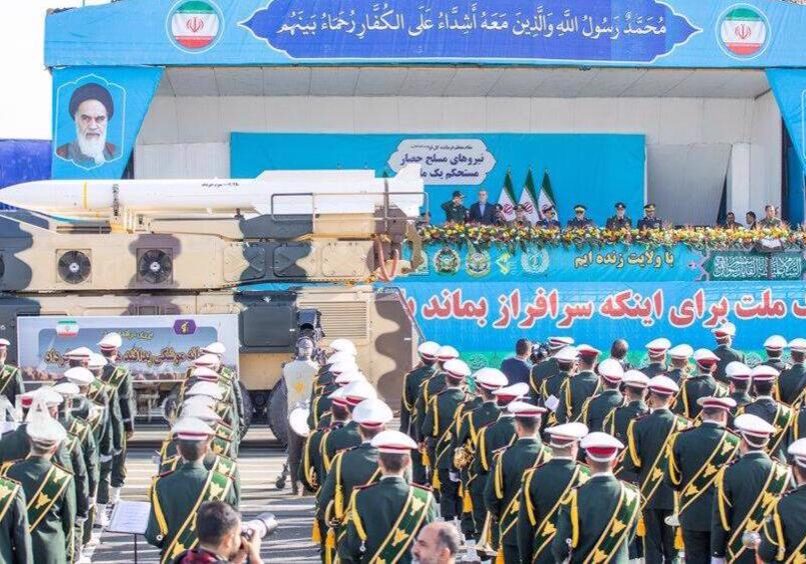Australia/Israel Review
Scribblings: Does war only breed more radicalisation?
Dec 18, 2024 | Tzvi Fleischer

How many times have Australian newspapers featured the argument that Israel’s devastating response to October 7 – designed to dismantle Hamas’ military machine and end its governance of Gaza – would only embitter and radicalise a whole new generation of Palestinians, creating yet more terrorists and extend the ‘cycle of violence”?
Of course, this claim never comes with any reasonable and informed suggestion about what Israel should have done differently in response to October 7. But does the evidence support this claim?
Recent polling conducted in Gaza provides a convincing answer – “no”.
For instance, in the latest Arab World for Research and Development (AWRAD) survey, conducted in October, 74% of Gazans supported a two-state solution, while only 11% supported instead establishing a single Palestinian state in all of “historic Palestine”. In a separate question, 15% of Gazans supported “armed resistance” as the method to establish a Palestinian state while 64% supported political negotiations.
These are much more promising figures in terms of hopes for a negotiated two-state peace than what Gazans were saying before the war, or during its early stages.
There is no AWRAD survey from immediately before the war, but let’s look at the data from a different survey from September 2023 by the Palestinian Centre for Policy and Survey Research (PCPSR).
In that survey, 51% of Gazans supported “armed struggle” and 19% negotiations. When asked whether or not they supported a two-state solution – a different but related question to the AWRAD survey’s one offering several options – 34% of Gazans said yes while 65% said they opposed it. In answer to a different question, 69% said a two-state resolution was no longer viable.
Meanwhile, in the most recent PCPSR survey, conducted in September 2024, Gazans were asked to pick one of three possible solutions to the conflict: a two-state solution based on the 1967 borders, confederation between the two states of Palestine and Israel and a one-state solution in which the Jews and Palestinians live in equality. A majority of Gaza respondents, 54%, said they prefer a two-state solution based on the 1967 borders. This is not only a huge rise over the 34% 12 months earlier, it is actually even more impressive than that since respondents were given three options rather than just asked “Two-state resolution, yes or no?”
The PCPSR survey also presented respondents with three ways to establish an independent Palestinian state: 36% of Gazans chose “armed struggle” while 40% chose negotiations (22% chose “popular peaceful resistance”). Not as clear cut as AWRAD’s result, but still a huge change since Sept. 2023.
PCPSR polls also show a sharp fall in support for Hamas’ October 7 attacks, from overwhelming support in their aftermath, to only 39% support in September 2024.
In other words, despite the sloganeering, the Gaza war, devastating as it has no doubt been for Gaza’s residents, has not “radicalised” a generation of Palestinians but, if anything, has done the opposite. While the surveys disagree on the details, they both agree that Gazans have moved from mostly opposing a two-state resolution to mostly supporting one, and toward preferring negotiations over “armed struggle”.
This should be unsurprising. Gazans have seen how “armed struggle” to destroy Israel led to absolutely devastating consequences for them without bringing the Palestinians any closer to their goals. So they now prefer different tactics and more achievable goals.
Westerners who imagined they would not realise this and would instead lash out in mindless anger were actually patronising and infantilising Palestinians.
These shifting Palestinian views hopefully make an eventual two-state peace more feasible, though probably not in the short term.
The belief that the opposite would happen was always about ideology, not facts. War is, indeed, inconceivably horrible, and it makes sense that writers and pundits feel a need to remind everyone of this at every opportunity.
But the belief that war can never resolve anything, and therefore was guaranteed only to create more Palestinian violence, was always a simplistic slogan, not a reflection of any serious thought about the incentives, beliefs, goals and capabilities that drive human conflict.
Views on Hamas and Gaza aid
Interestingly, the AWRAD poll conducted in August found only one percent of Gazans expressed trust in Hamas institutions regarding the distribution of humanitarian aid, and one percent trusted Hamas to lead initial reconstruction efforts in Gaza.
I read this as Palestinians recognising that Hamas is stealing much or most of the aid entering Gaza for its own nefarious purposes – using it to either support its own fighters and their families or else selling it back to Gazans at inflated prices to get funds.
This interpretation is backed up by a new study of social media coming out of Gaza published by the Meir Amit Intelligence and Terrorism Information Centre, which shows Gazans are highly critical of the abuse of aid, including by Hamas, with comments about the aid situation such as:
- “The police themselves steal the bread and then give it to whoever they want.”
- “Shameful and disgraceful. Sadly, they want the crisis to continue to gain media sympathy. The crisis is deliberate and everyone is complicit, from UNRWA to the thugs who own the bakeries. All of this is just to profit at the expense of the citizens’ suffering.”
- “Those who can’t manage a line at a bakery and deliberately create a crisis, how can they manage a just cause and a sacred state?”
- “The leaders fill their pockets with millions of dollars taken from the mouths of the hungry and the weak.”






